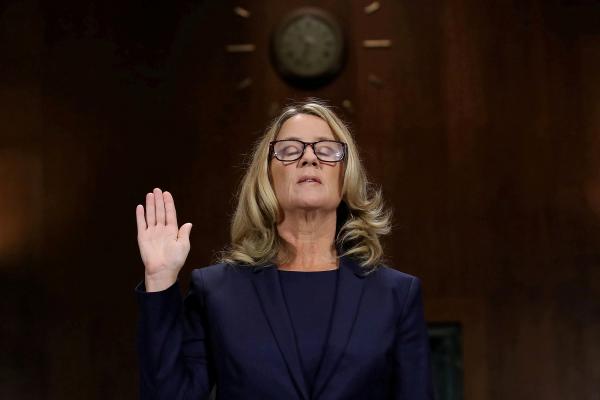Oct 1, 2018
Women across the world have broken open, offering their stories of abuse and assault in a shared scream, searching for a new normal so our daughters and sons won’t have to deal with the same. The response we see from men in leadership has been a series of temper tantrums at the prospect of having to change learned behavior.
Read the Full Article

Already a subscriber? Login
